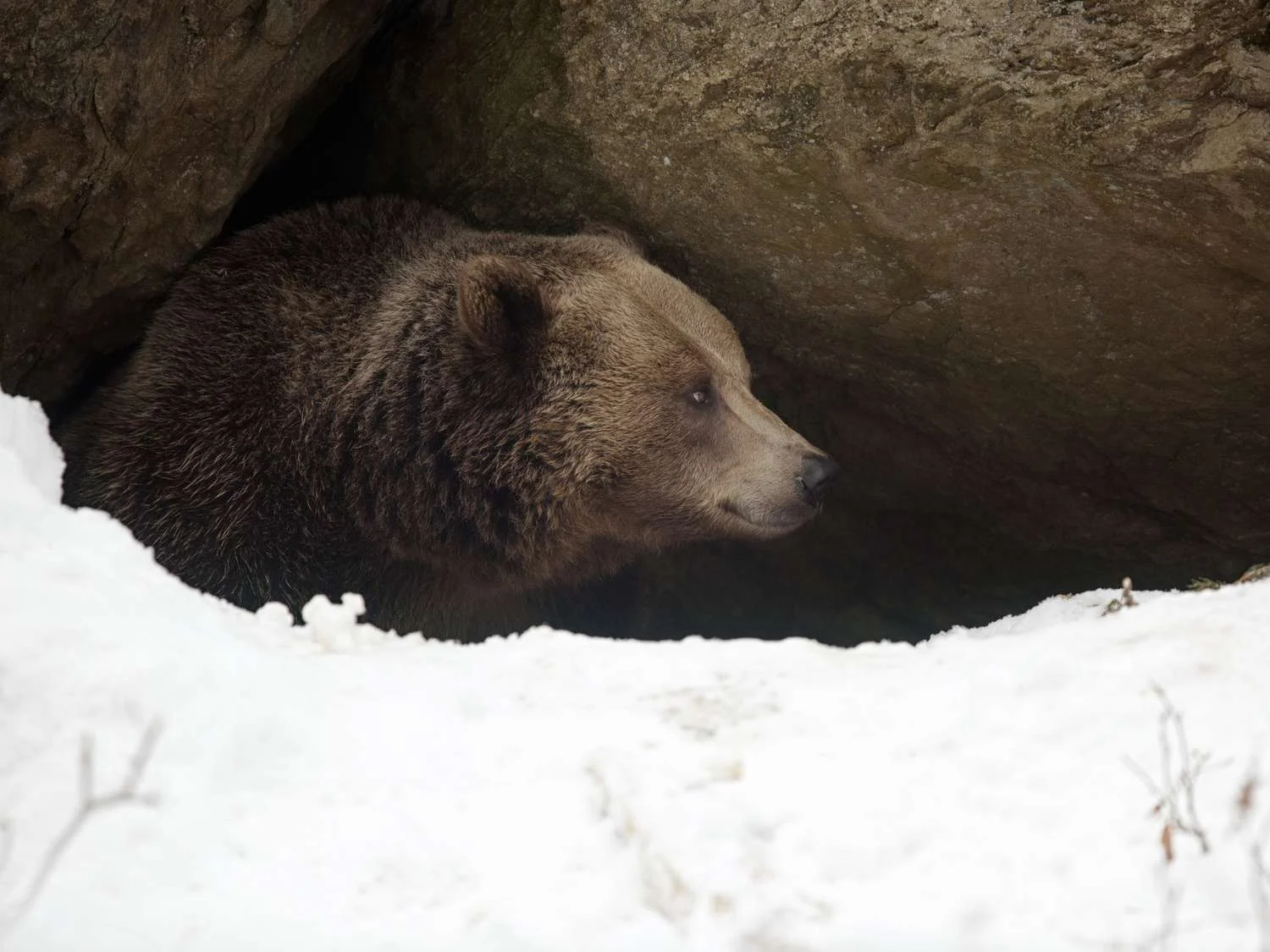Global warming is a pressing issue that has far-reaching impacts on our planet, from rising sea levels to more frequent extreme weather events. However, its effects are not limited to just the environment – it is also having a significant impact on wildlife, particularly hibernating mammals. These animals have evolved to survive the harsh winter months by entering a state of dormancy known as hibernation, but the warming temperatures and changing climate are disrupting their natural rhythms and threatening their survival.
Hibernating mammals are particularly vulnerable to the effects of climate change, which can impact their survival, reproduction, and behavior. Here are four ways global warming can affect hibernating mammals:
Changes in hibernation patterns
Hibernation is an essential adaptation for many mammals to survive harsh winters. However, global warming has led to changes in hibernation patterns, such as an earlier end to hibernation and a shorter period of inactivity. This can lead to mismatches with the availability of food and mating partners, and increased exposure to predators.
Reduced body fat reserves
Hibernating mammals rely on stored body fat to sustain them throughout the winter months. However, warmer temperatures can cause animals to emerge from hibernation too early, before they have built up sufficient body fat reserves. This can result in reduced survival rates, particularly for pregnant females and juveniles.
Alterations in breeding cycles
Many hibernating mammals rely on a specific breeding cycle to ensure the survival of their offspring. However, global warming can cause alterations in breeding cycles, which can impact the timing of births and survival rates of young animals. For example, if the spring thaw occurs earlier than usual, young animals may not have access to the resources they need to survive.
Changes in food availability
Global warming can also impact the availability of food for hibernating mammals. For example, changes in precipitation patterns can lead to reduced food availability or food being available at the wrong time of year. This can lead to reduced body fat reserves, lower survival rates, and changes in hibernation patterns.
In conclusion, global warming is having a significant impact on hibernating mammals, with changes in hibernation patterns, reduced body fat reserves, alterations in breeding cycles, and changes in food availability being some of the key effects. It is crucial that we take action to address climate change to ensure the survival of these important species and the ecosystems they inhabit.




